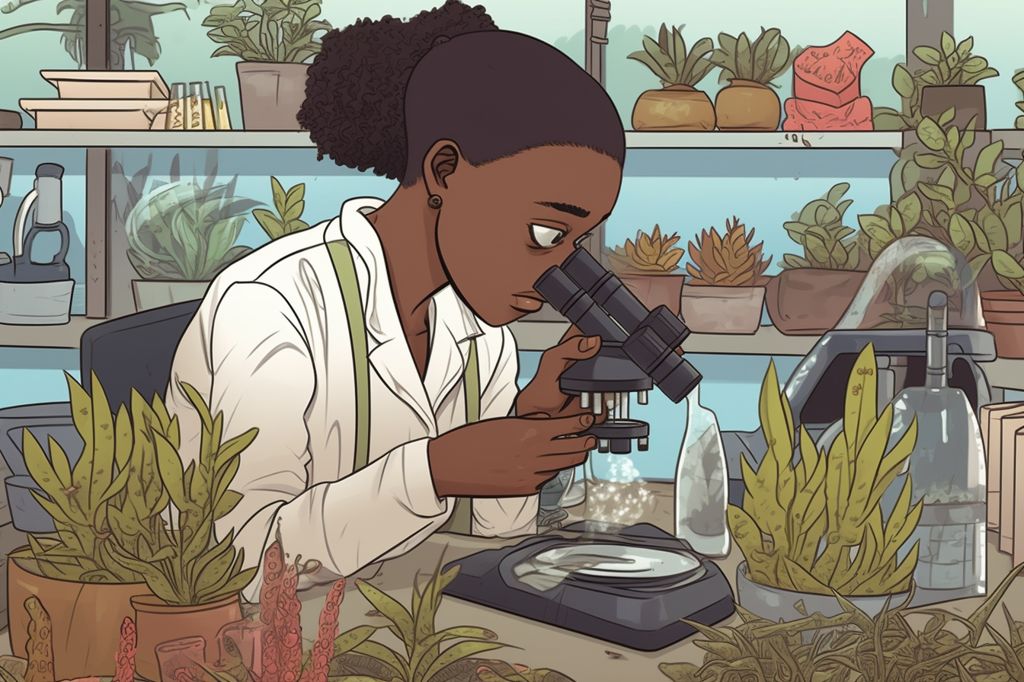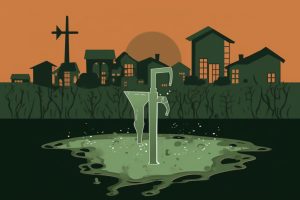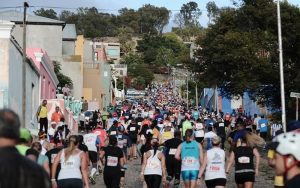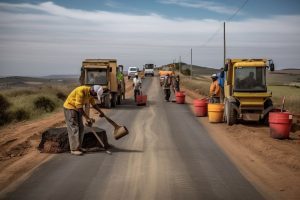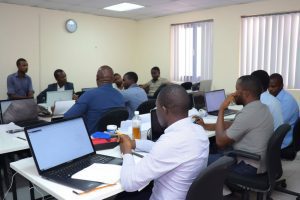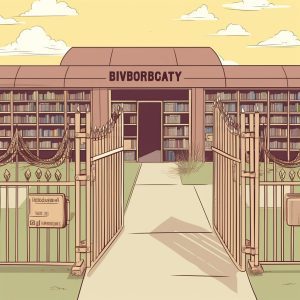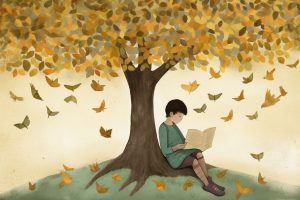South Africa’s Minister of Higher Education, Science, and Innovation, Dr. Blade Nzimande, recognizes the essential role of science, technology, and innovation (STI) in addressing the country’s most pressing issues. The STI Presidential Plenary Forum, established by the Minister, seeks to unite multiple sectors in implementing a science for social justice agenda.
Health officials in South Africa have issued a warning about an outbreak of diarrhoeal disease and an increase in laboratoryconfirmed cholera cases. The Department of Health has urged the public to exercise extra precautionary measures to prevent the spread of these diseases.
Cholera outbreaks are a common occurrence in areas with poor water quality and sanitation, and Hammanskraal is no exception. The government has acknowledged the gravity of this crisis and is taking swift action to mitigate its effects. However, a longterm solution to water supply and quality issues in the area is still being developed.
The Slave Route Challenge in Cape Town has a multifaceted significance, extending beyond a mere sporting event. The challenge not only commemorates the past but also contributes to the city’s economic development, encourages social cohesion and reconciliation, and raises awareness by serving as a platform for education.
The Eastern Cape has faced several developmental challenges over the years, including high unemployment rates, poor infrastructure, and inadequate access to basic services like healthcare and education. In response to these issues, the South African government has implemented several initiatives to promote development in the region.
Deputy President Shipokosa Paulus Mashatile recently visited the Imbali Campus of Umgungundlovu TVET College in Pietermaritzburg. The visit is a significant milestone in the ongoing efforts to promote skills development and improve South Africa’s economy. Accompanied by various government officials, college representatives, and community leaders, the Deputy President highlighted the critical role of education and innovation in fostering a competitive global economy.
A Father’s Determined Love and Hope for a Better Future: A Chance Encounter with Lucky
In Centurion, South Africa, it’s not unusual to see people in need at traffic lights. However, one visitor from Barberton had a different response when she saw Lucky, a middleaged gentleman selling a unique denim skirt. ### Lucky’s Story
The Infrastructure Built AntiCorruption Forum (IBACF) has made significant strides in curbing corruption and fraud within the construction sector. As a strategic intervention, it aims to safeguard the integrity of the government’s Infrastructure Investment Plan through a proactive approach that focuses on corruption prevention.
The Western Cape Government has launched an ambitious R1.2 billion #BackOnTrack programme to address the learning losses caused by the Covid19 pandemic. The initiative aims to improve learning outcomes and secure a brighter future for the province’s children. ## Teacher and Tutor Training
South Africa is facing a significant literacy crisis, with nearly 80% of Grade 4 students struggling to read for meaning despite the efforts of the Department of Basic Education’s National Reading Plan. In the town of Makhanda, where educational inequalities are prevalent, teachers are grappling with overcrowded classrooms and limited support in nofee schools.
The Western Cape local government has launched a R1.2 billion educational initiative called #BackOnTrack to tackle the learning crisis, which COVID19 has worsened. According to the Western Cape Education Department (WCED)’s 2022 systemic test results, more than half of the learners in Grades 3, 6, and 9 in the region are unable to achieve basic pass scores in mathematics and reading.
City libraries are a vital resource for education and personal growth. They provide a safe and welcoming space for community members to learn, relax, and access valuable tools. In recognition of this, the Community Services and Health Directorate has allocated over R32 million in the 2023/24 budget to upgrade and improve Library and Information Services (LIS). This includes a substantial investment in the expansion of the Lwandle Community Library and the acquisition of a diverse range of books, periodicals, and subscriptions.
The impact of the Covid19 pandemic on education has been devastating, as evidenced by the recently released Progress in International Reading and Literacy Study (PIRLS) 2021 results. South Africa experienced a 32point drop in its average PIRLS score, a concerning trend that demands swift action to address.
Joe Mpisi, a distinguished leader and Chairperson of the Portfolio Committee on Education, recently passed away, leaving a legacy of tireless dedication to education and social justice in South Africa. Despite his declining health, Mpisi fought to improve Gauteng’s education system and uplift the working class, earning the respect and admiration of his peers and the public.
The Cape region is known for its breathtaking landscapes and diverse marine life. Unfortunately, the southeasterly winds can carry disoriented turtle hatchlings to the shores of False Bay. To promote marine conservation, the Two Oceans Aquarium has created a guide to help beachgoers take appropriate action when encountering these creatures.
The Western Cape has launched the #BackOnTrack campaign, a massive R1.2 billion educational program aimed at addressing the significant decline in learning outcomes due to the Covid19 pandemic. The campaign aims to improve learning outcomes in the region over the next three years and secure a brighter future for children.

